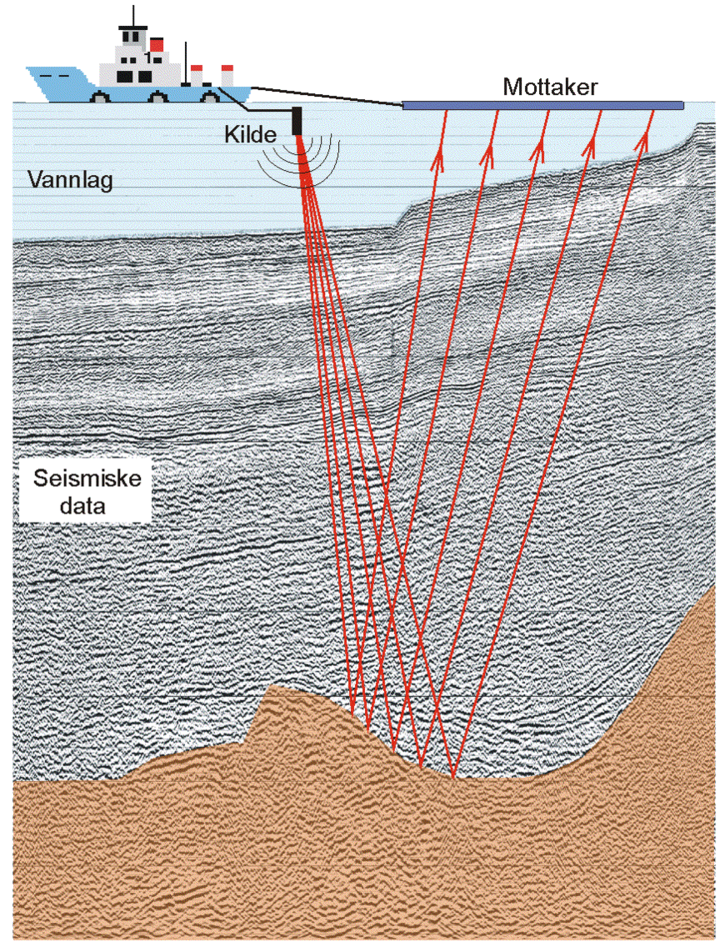All Categories
Featured
Table of Contents
Mining Geophysicist Profile in Beaconsfield Aus 2021
Are you looking for the best type of b-school? Get in touch with MBA programs looking for prospects like you. Explore schools of all sizes, ranked colleges, city and big-campus schools and more. Apply. Pay. Preparation. Study. Be successful. We have actually got you covered. Get in touch with master's programs around the country to get an edge over the competition.

A geophysicist studies various aspects of the earth. According to the U.S. Geological Survey, they study gravity, magnetic, electrical, and seismic activity incidents. Geophysicists likewise document, evaluate, and take measurements of geographic features and abnormalities. View a video to discover what a geophysicist: Geophysicists must earn a minimum of a bachelor's degree; however, this is for an entry-level position.
If you want research you should pursue a Ph. D. Undergraduate coursework typically includes geology, mathematics, environmental science, or physics. Postgraduate degree need more particular research studies in the specialized of choice. Locations can include oceanography, atmospheric physics, climatology, planetary, petroleum, ecological, and mining. Task potential customers are higher if you have a strong background in computer system science or technology.
What Is Geophysics? in Darch Oz 2023
Access to these chances may be limited depending upon where you live; however, internships or summer programs with geophysical business, university geophysics department, or the U.S. Geological Study can be alternatives. You can discover a list of a list of opportunities on the United States Geological Study (USGS) websites' Path Programs tab (opens in another link).
Geophysicists also work with computer systems while looking into, so computer courses can also be practical, as discussed earlier in this short article. Lots of geophysicists specialize in a location of geophysics.
A geophysicist's tasks can consist of determining, tracking, and recording information from various physical homes on earth. Geophysicists typically have to travel worldwide to analyze geological events that have happened or might have been predicted.
Surface Geophysical Methods in Joondalup Aus 2021
For example, Jay Wellik, a geophysicist, research studies volcanos. His location of competence in geophysics is researching why volcanos erupt and what indications there may be that an eruption may occur. He tracks seismic activity and then follows what takes place in the past, during, and after a volcano emerges. Geophysicists normally work full-time hours; nevertheless, they typically work irregular hours, as mentioned previously.

You can find extra details about Geophysicists along with additional academic materials on the U.S. Geological Study website (links open in a brand-new window). Laura Stern, of the U.S. Geological Study at the Gas Hydrates Laboratory in Menlo Park, California: We make a variety of various hydrates in the lab.
We likewise make co2 hydrate, ethane hydrate, propane, a variety of various structures. Liquid nitrogen is really cold. It has to do with 100 degrees chillier than the temperature level at which these hydrate samples would dissociate, when they would decompose to ice plus gas on the tabletop. In here we have a little piece of methane hydrate.
Geophysical Survey in Roleystone Aus 2021
So the samples we make, their polycrystalline. They appear like snow, it looks like compacted snow but honestly, it does include gas inside. Take a little piece off here and as it warms up, you'll start to see it pop. It's reverting to ice plus gas and then as the ice would melt as it continues to warm, it will wind up being water plus gas.
My name is Steve Kirby, I'm a Geophysicist here at the U.S. Geological Survey in Menlo Park. I deal with Laura Stern who is also a Geophysicist in this laboratory that adheres towards the examination of planetary ices and gas hydrates. Gas hydrates in nature take place in very remote places and they are extremely complicated with the interactions and conditions that they form under and samples that are raised are under some sort of alternation or decay.
This is an unusual laboratory and there are just a handful of them worldwide and we are really lucky to be here at the Geological Survey and to have the chance of working on them. Bureau of Labor Data, U.S. Department of Labor, Occupational Outlook Handbook, Geoscientists. National Center for O * Internet Development.
Geophysics in Beeliar Australia 2022
This video was produced by the federal government for the U.S. Geological Survey. The USGS Gas Hydrates Laboratory is moneyed by the Department of Energy and the USGS Gas Hydrates Project.
Latest Posts
Geophysical Survey - Salisbury Archaeology in South Guildford Aus 2021
Geophysical Survey in Yangebup Aus 2022
Working As A Geophysicist And Oceanographer In Canada in Singleton Aus 2022